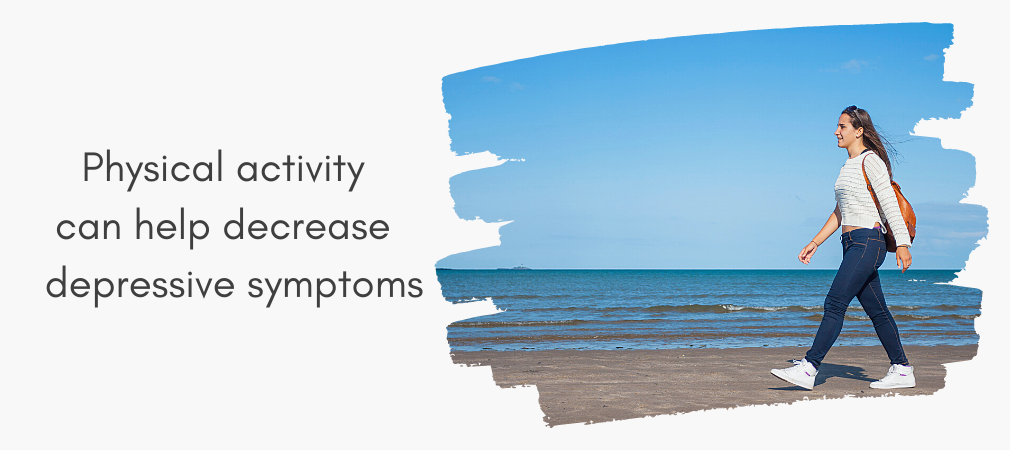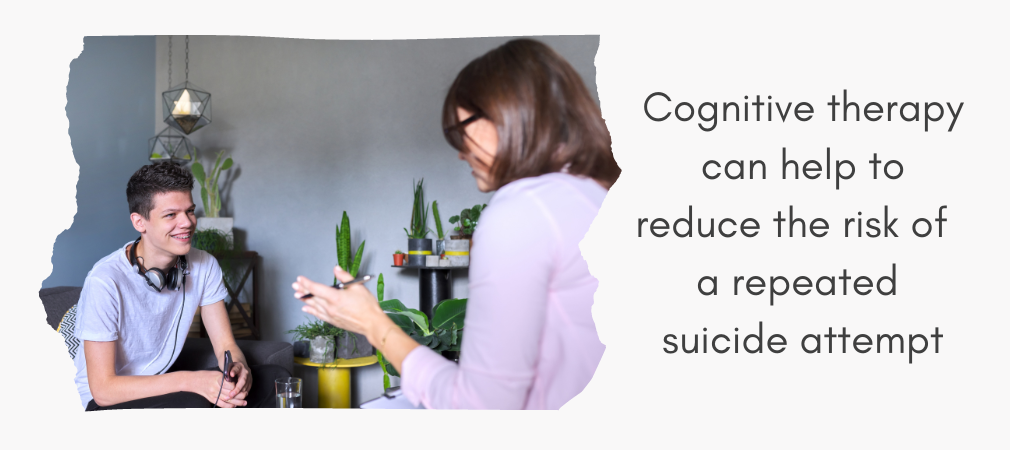How Parents Can Help Reduce Suicide Risk in Teens
The Centre for Suicide Prevention, a branch of the Canadian Mental Health Association, reports that teens are admitted to the hospital for suicide attempts more than any other age group. And suicide accounts for 24 percent of all deaths among 15-24 year-olds.
Unfortunately, parents are often at a loss when it comes to suicide prevention.
King and Vidourek (2017) found that three parenting behaviours significantly reduced suicidal thoughts in teenagers:
- Telling your child that you are proud of them.
- Telling them that they have done a good job.
- Helping your child with their homework.
More specifically, the researchers found that when teens complete a questionnaire about suicidal ideation and parenting behaviours, teens who indicated that their parents were never or rarely proud of them were five times more likely to experience suicidal thoughts.
In addition, teens who reported that their parents never or rarely told them that they did a good job or never or rarely helped them with homework were seven times more likely to experience suicidal thoughts.
And teens who reported that the three aforementioned parenting behaviours were lacking were seven times more likely to have a suicide plan and attempt it.
Takeaway Message
These three parenting behaviours are essential to be aware of when parenting teenagers.
But it’s important to note these are simply three influencing factors that can contribute to suicidal ideation in adolescents.
If you suspect your teen is experiencing suicidal ideation, you must take it seriously and contact a healthcare professional immediately.



